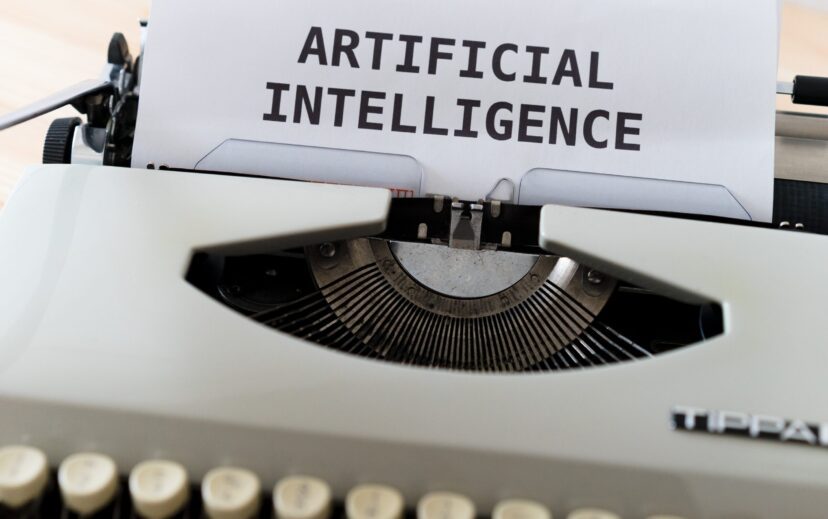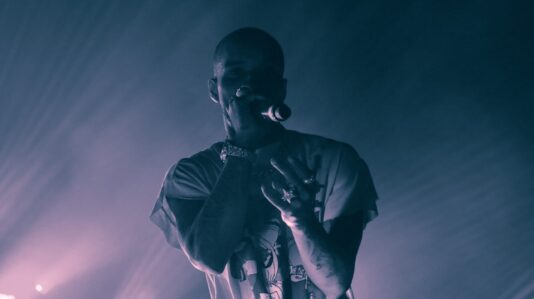The likely cancellation of the copyright registration for Kris Kashtanova’s 18-page illustrated book, Zarya of the Dawn, is the latest chapter in the ongoing collision between copyright law and works generated using artificial intelligence (AI). While the text of the book was written by Kashtanova, the artwork accompanying the book was all AI-generated through the Midjourney platform. Although the Copyright Office had issued a registration for the book back in September, it is apparently reconsidering that action. Kashtanova had said in a post on her Instagram account that she viewed her registration as precedent-setting. That precedent may be short lived.
In late October, Kashtanova received notice that the registration for Zarya of the Dawn may be cancelled. Citing long-standing Copyright Office policy that an “author” or creator of a work must be human, Kashtanova was given 30 days to explain to the Copyright Office how there was significant human participation in the creation of the graphic novel. As set forth in the Code of Federal Regulations, specifically, 37 C.F.R. § 201.7(c)(1), the Copyright Office may cancel a registration if “the work does not contain authorship subject to copyright,” in which case, “[t]he copyright claimant will be notified by correspondence of the proposed cancellation and the reasons therefor, and be given 30 days, from the date the Copyright Office letter is sent, to show cause in writing why the cancellation should not be made.” Based on prior cases, it seems likely that Kashtanova’s registration will be cancelled unless there’s a sea change in Copyright Office policy.
US Copyright law protects “original works of authorship.” And at least since the famous “Monkey Selfie” case, the Copyright Office’s Compendium of Office Practices III states at section 313.2, “[t]o qualify as a work of ‘authorship’ the work must be created by a human being.” The first example cited in this section as a work that will not be granted a copyright registration is a “photograph taken by a monkey.”
This principle has been applied to AI-generated works in both the patent and copyright arenas. Stephen Thaler, the creator of the AI platform, DABUS, an acronym for Device for the Autonomous Bootstrapping of Unified Sentience, had previously applied for patent protection for a DABUS-created invention. The USPTO denied Thaler’s application and he appealed that denial as far as the US Court of Appeals for the Federal Circuit. In October, that court rejected on the grounds that an inventor must be an individual.
Dr. Thaler had also applied for a copyright registration for artwork created by his computer program, “Creativity Machine.” His 2018 application was rejected, and Thaler appealed that refusal to the Copyright Review Board (CRB). In a lengthy letter to Dr. Thaler’s counsel dated February 14, 2022 and signed by the Register of Copyrights, the CRB, citing the Compendium III and prior Supreme Court precedent, affirmed the refusal to register the work on the basis that the “author” of the work is not human.
Given the proliferation of open-source AI platforms to generate all manner of creative works, including visual art, poetry and songs and the exponentially increasing number of AI-created works, copyright law may need to be more flexible as to what AI-generated (or partially generated) works may be registered and by whom. Other thorny issues that will need to be addressed either by legislation, regulation or litigation are the use of copyright or trademark protected works to train AI applications or the incorporation of such works into AI-generated creations. Because there are so many issues to consider, one should seek the advice of intellectual property counsel before trying to register or sell AI-generated works. Experienced attorneys in intellectual property and entertainment law at Romano Law are ready to help. Contact us to speak with a member of our team.






